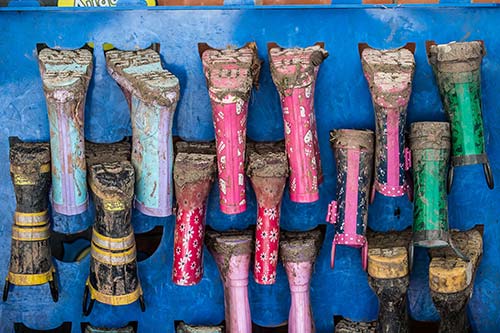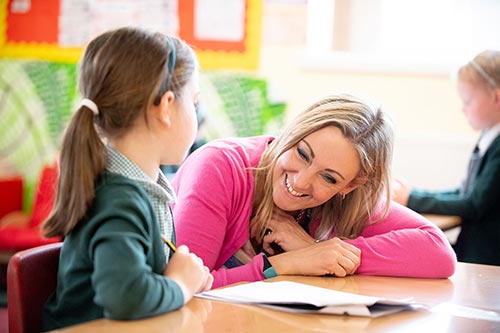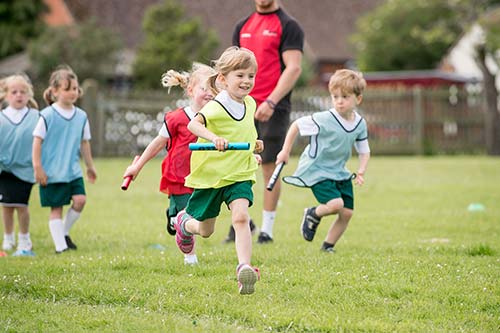FEDERATION CURRICULUM STATEMENT FOR
RELIGIOUS EDUCATION
|
INTENT |
|
We believe Religious Education should inspire children’s curiosity and interest to explore the relationship between people, their faiths and their way of life. Religious Education explores big questions about living, believing and expressing beliefs; it allows us to celebrate diversity within British culture and across the world; by understanding others better children develop respect and tolerance building on our British Values. Through a carefully planned sequence of units from the Warwickshire and Coventry agreed syllabus for Religious Education, teachers challenge preconceptions, provide opportunities for the children to articulate their ideas and opinions clearly (using key vocabulary) and encourage pupils to reflect on the meaning and purpose in life and, ultimately, what it means to be human.
|
|
IMPLEMENTATION |
|
RE is taught throughout KS1 and KS2 as a discrete subject but, where possible, we enrich the learning though visits to places of worship and invite visitors of the different faiths into school and enhance children’s understanding by the use of religious symbols, ornaments and artefacts. Learning intentions are taken from the Warwickshire and Coventry agreed syllabus for Religious Education, SACRE, and planned carefully to ensure progression of skills and knowledge across school. Each class considers a different aspect of a faith (believing, expressing or living) and throughout the curriculum different faiths are encountered, explored and revisited. |
|
IMPACT |
|
Children’s knowledge and skills develop progressively as they move through the school and are assessed and reported to parents in the end of year report. It is important that our curriculum equips children with skills, knowledge and values that can be applied more universally and will help prepare them for life as an adult in the wider world. Class floor books, alongside displays and photographs will evidence a broad and balanced RE curriculum, and demonstrate the children’s understanding and curiosity in relation to all faiths. Children will be able to express their own beliefs and how these affect their actions; understand others’ beliefs and where their beliefs are drawn from and they will understand how different beliefs determine how people live their lives.
|




